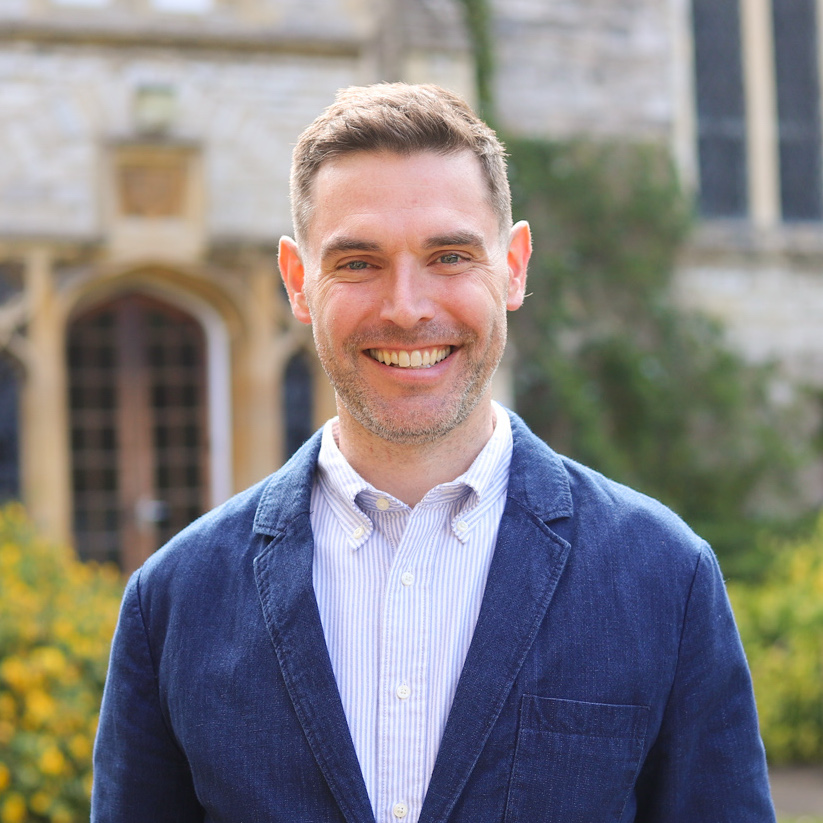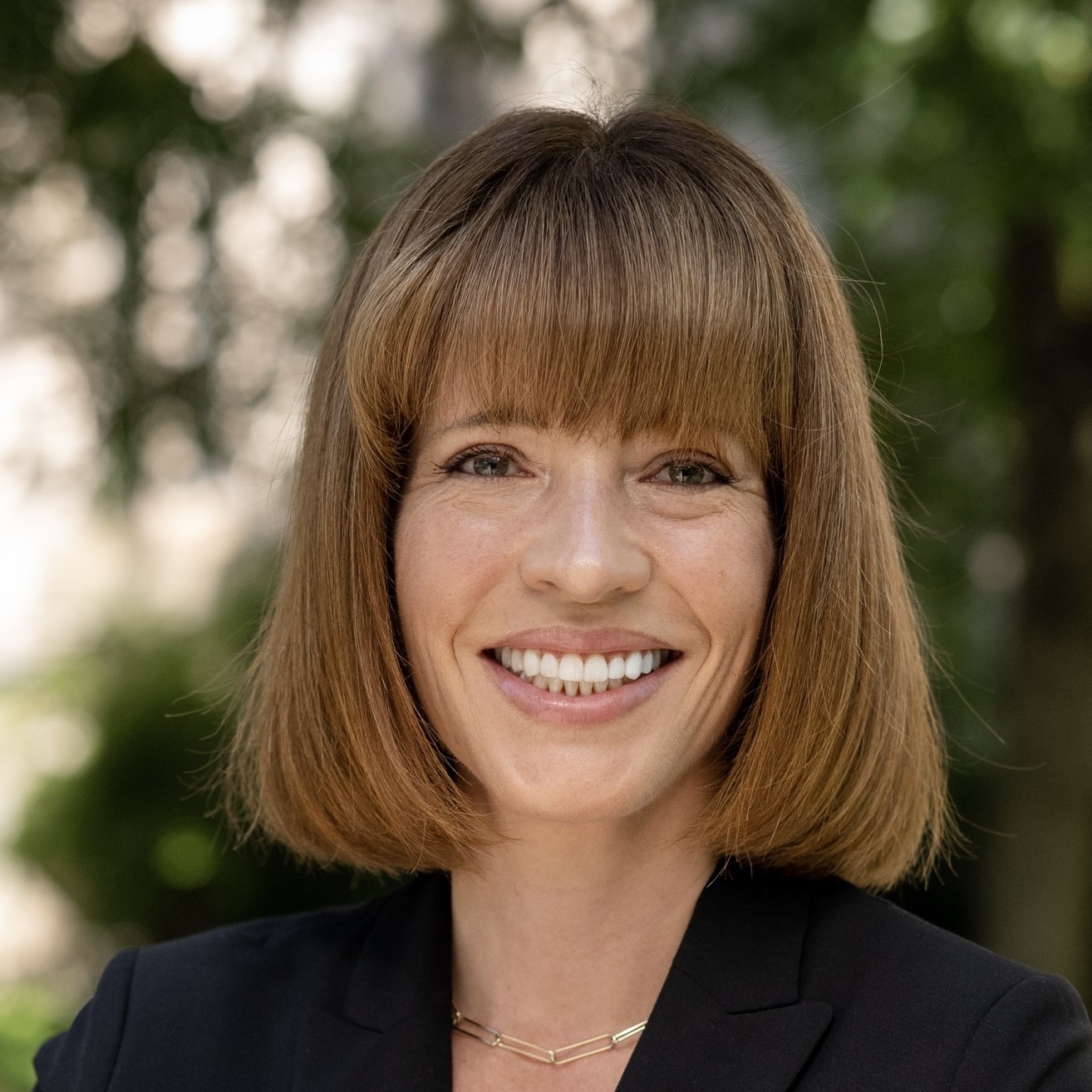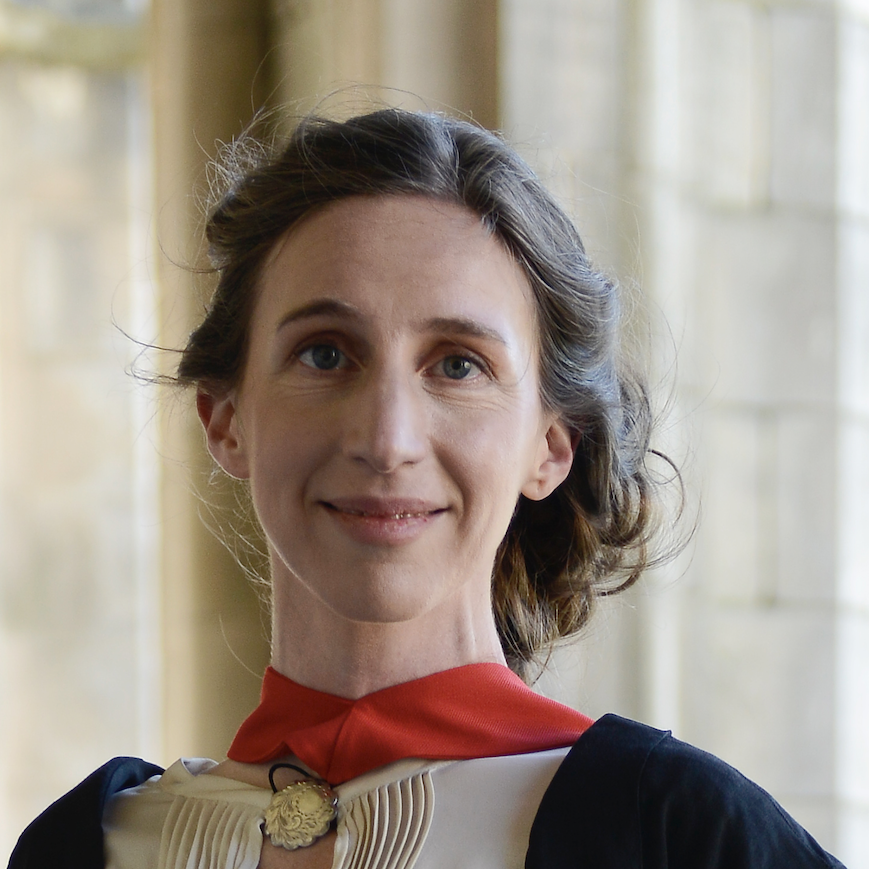People
Our Program's Leadership
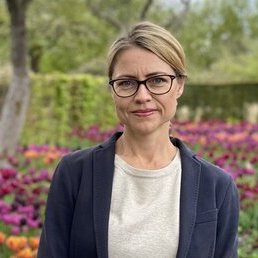 Jayne Svenungsson, Professor of Systematic Theology at Lund University, is the principal investigator for the research program and a member of the steering committee. Her research interests include apocalyptic and messianic motifs in modern Western philosophy and political thinking. For At the End of the World, Svenungsson will examine how apocalyptic tropes and images can be critically retrieved to mobilize constructive ethical-political commitments.
Jayne Svenungsson, Professor of Systematic Theology at Lund University, is the principal investigator for the research program and a member of the steering committee. Her research interests include apocalyptic and messianic motifs in modern Western philosophy and political thinking. For At the End of the World, Svenungsson will examine how apocalyptic tropes and images can be critically retrieved to mobilize constructive ethical-political commitments.
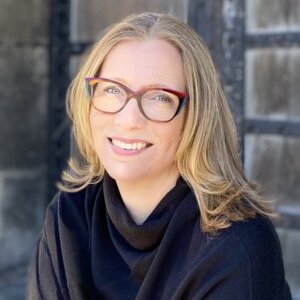 Marie Cronqvist is Professor in Modern History at the Department of Culture and Society, Linköping University. She also serves on the steering committee of the research program. Her research expertise is on 20th-century European history, Cold War culture, and the history of civil defence, propaganda and psychological defence. For At the End of the World, Cronqvist will investigate nuclear temporalities and preparedness cultures in relation to both climate and nuclear disaster imaginaries.
Marie Cronqvist is Professor in Modern History at the Department of Culture and Society, Linköping University. She also serves on the steering committee of the research program. Her research expertise is on 20th-century European history, Cold War culture, and the history of civil defence, propaganda and psychological defence. For At the End of the World, Cronqvist will investigate nuclear temporalities and preparedness cultures in relation to both climate and nuclear disaster imaginaries.
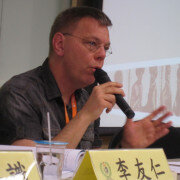 Patrik Fridlund, Docent and Senior Lecturer in Philosophy of Religion at Lund University, serves on the steering committee for the research program. Informed by readings of contemporary philosophers such as Jacques Derrida, Luce Irigaray, Emmanuel Levinas and Paul Ricœur, Fridlund studies populism, post-truth and conspiracy theories in the context of political theology. For At the End of the World, Fridlund links the program’s empirical research to vital underlying questions regarding moral value.
Patrik Fridlund, Docent and Senior Lecturer in Philosophy of Religion at Lund University, serves on the steering committee for the research program. Informed by readings of contemporary philosophers such as Jacques Derrida, Luce Irigaray, Emmanuel Levinas and Paul Ricœur, Fridlund studies populism, post-truth and conspiracy theories in the context of political theology. For At the End of the World, Fridlund links the program’s empirical research to vital underlying questions regarding moral value.
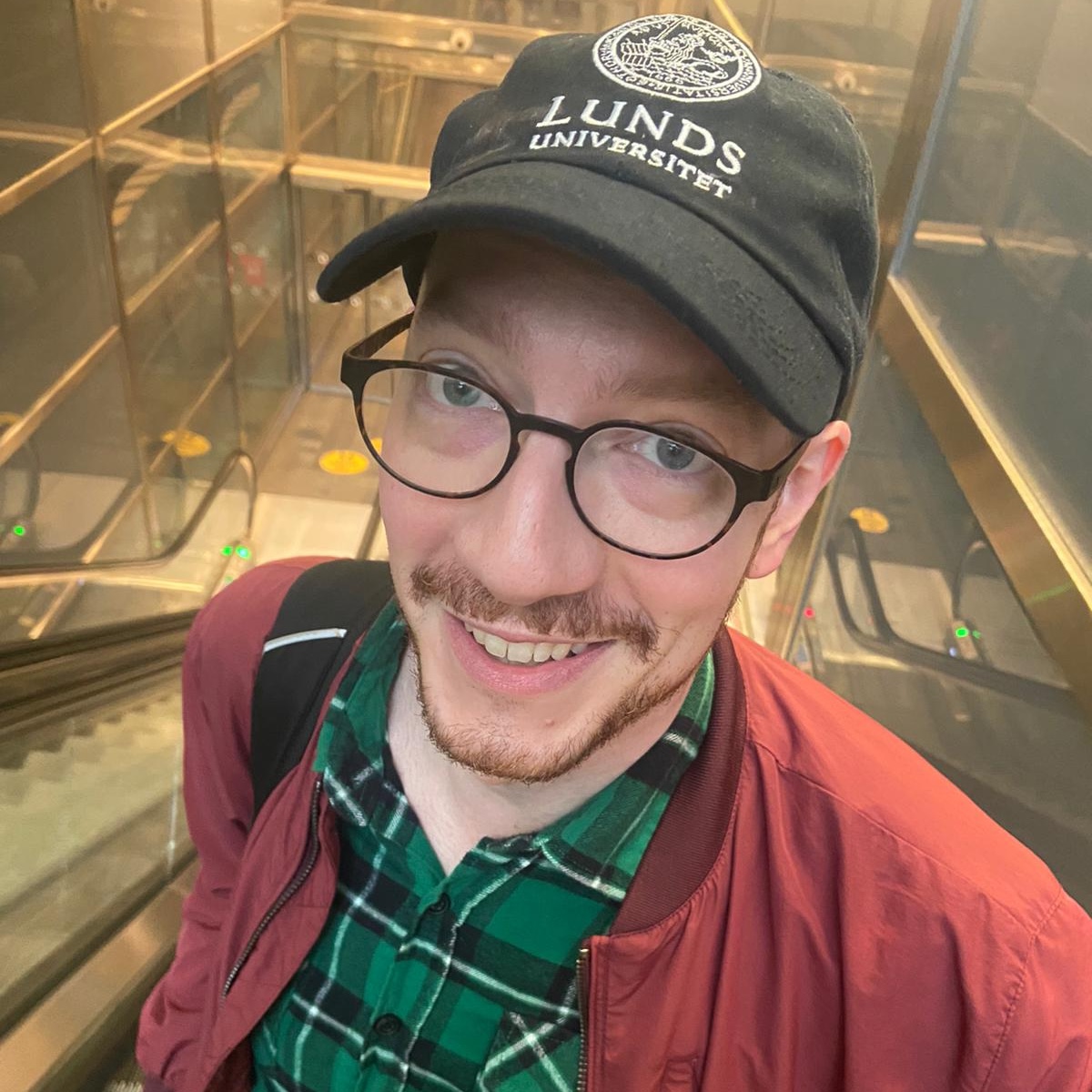 Aaron James Goldman is a research fellow in Philosophy of Religion at Lund University. He serves as secretary of At the End of the World and is on the steering committee for the research program. He studies modern European philosophy and religious thought, as well as theories and methods in the study of religion. In his research Goldman investigates right-wing conspiritualities from a perspective empowered by classic theories of religion.
Aaron James Goldman is a research fellow in Philosophy of Religion at Lund University. He serves as secretary of At the End of the World and is on the steering committee for the research program. He studies modern European philosophy and religious thought, as well as theories and methods in the study of religion. In his research Goldman investigates right-wing conspiritualities from a perspective empowered by classic theories of religion.
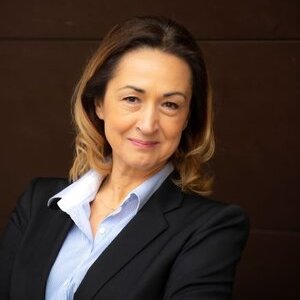 Blaženka Scheuer, Docent and Senior Lecturer in Biblical Studies at Lund University, serves on the research program's steering committee. Her research focuses on three main areas: prophetic texts of the Hebrew Bible, interpretation of the narratives of the Hebrew Bible in early Jewish and Christian traditions, and the relationship between contemporary narratives about artificial intelligence and narratives about creation of humans in the book of Genesis. For At the End of the World, Scheuer explores how apocalyptic imaginary of the Hebrew Bible and early Jewish literature shaped conceptions of gender and otherness.
Blaženka Scheuer, Docent and Senior Lecturer in Biblical Studies at Lund University, serves on the research program's steering committee. Her research focuses on three main areas: prophetic texts of the Hebrew Bible, interpretation of the narratives of the Hebrew Bible in early Jewish and Christian traditions, and the relationship between contemporary narratives about artificial intelligence and narratives about creation of humans in the book of Genesis. For At the End of the World, Scheuer explores how apocalyptic imaginary of the Hebrew Bible and early Jewish literature shaped conceptions of gender and otherness.
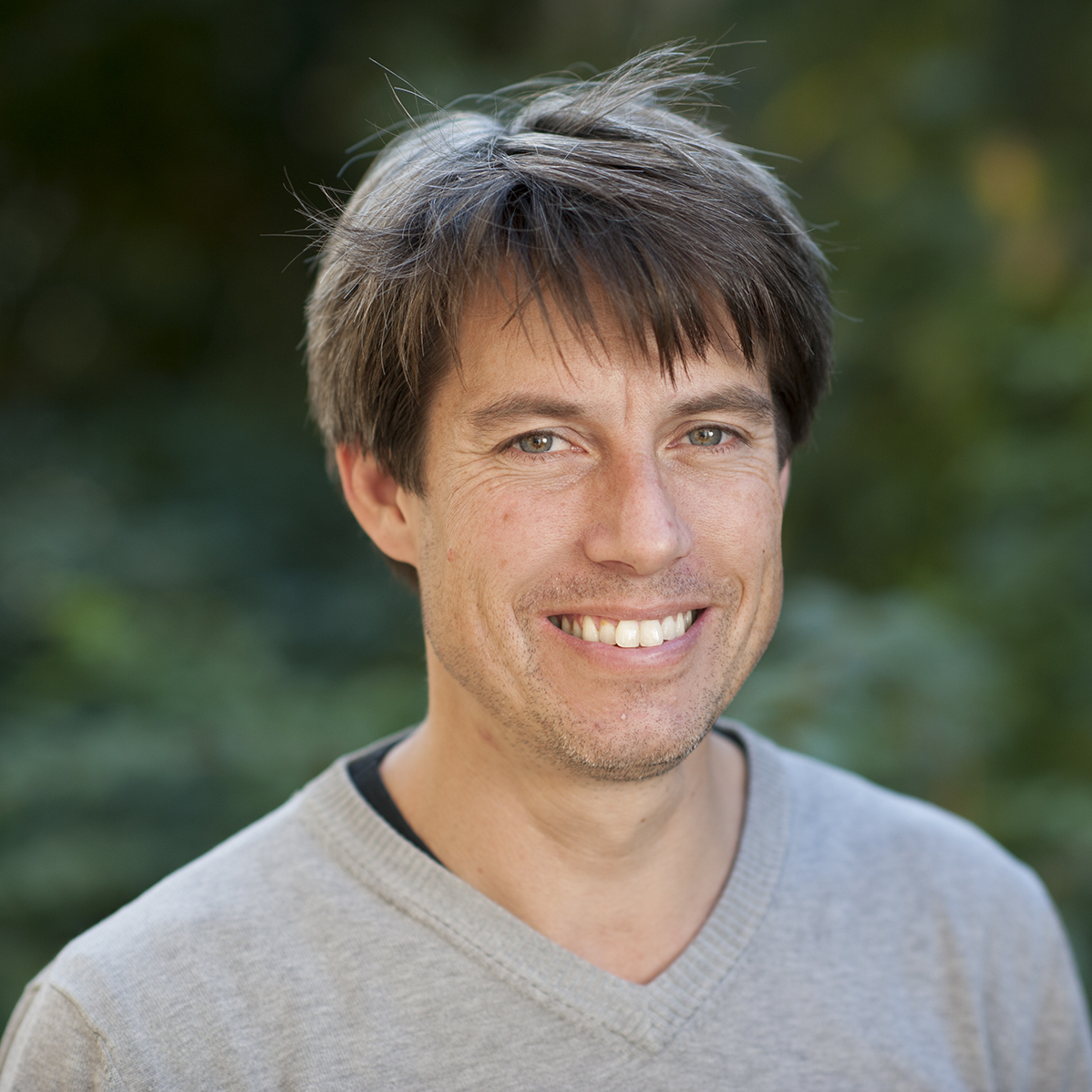 Johannes Stripple is Docent and Senior Lecturer in Political Science, Lund University. He also serves on the steering committee for the research program. His research has traced the politics of the environment through a range of sites, from the UN to the everyday. For At the End of the World, Stripple works on apocalyptic climate imaginaries, explicitly asking how the theorization of climate futures exerts pressure on communities to act or to remain inert.
Johannes Stripple is Docent and Senior Lecturer in Political Science, Lund University. He also serves on the steering committee for the research program. His research has traced the politics of the environment through a range of sites, from the UN to the everyday. For At the End of the World, Stripple works on apocalyptic climate imaginaries, explicitly asking how the theorization of climate futures exerts pressure on communities to act or to remain inert.
Our Research Team
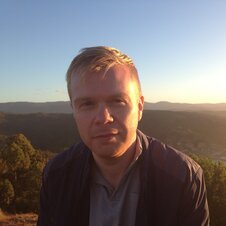 Mårten Björk is a research fellow in Systematic Theology at the Centre for Theology and Religious Studies, Lund University, and an associate fellow at Campion Hall, Oxford University. He works on systematic and political theology, secularism, and the relationship between theology and philosophy and science. For At the End of the World, Björk continues the research he conducted for the End of Law project, for which he served as principal investigator. He will work at the intersection of political theory, theology, and the fear of the apocalypse in 20th-century continental thought.
Mårten Björk is a research fellow in Systematic Theology at the Centre for Theology and Religious Studies, Lund University, and an associate fellow at Campion Hall, Oxford University. He works on systematic and political theology, secularism, and the relationship between theology and philosophy and science. For At the End of the World, Björk continues the research he conducted for the End of Law project, for which he served as principal investigator. He will work at the intersection of political theory, theology, and the fear of the apocalypse in 20th-century continental thought.
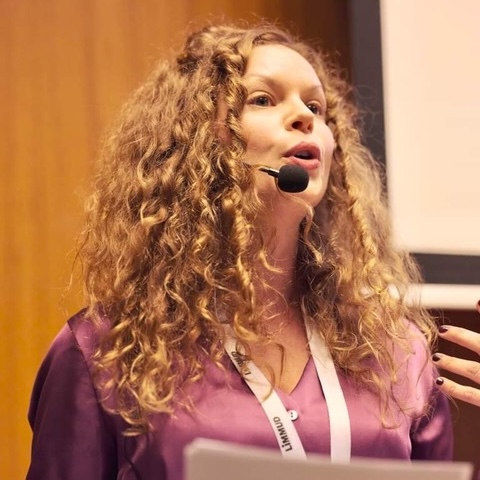 Natalie Bloch, PhD in Hebrew Bible Studies from Uppsala University, conducts research at the intersection of Hebrew Bible and Jewish Thought, focusing on Second Temple Judaism, Rabbinic Literature, and Jewish reception of mystical traditions. Her public-facing scholarship spans Jewish civilizations across millennia, and she also translates contemporary Hebrew fiction. For At the End of the World, Bloch explores the diachronic development of apocalyptic temple imaginaries as discoursive arenas for negotiating Jewish identities and social, cultural and political dynamics, from the Hebrew Bible to their reinterpretations in contemporary Jewish cultural expressions.
Natalie Bloch, PhD in Hebrew Bible Studies from Uppsala University, conducts research at the intersection of Hebrew Bible and Jewish Thought, focusing on Second Temple Judaism, Rabbinic Literature, and Jewish reception of mystical traditions. Her public-facing scholarship spans Jewish civilizations across millennia, and she also translates contemporary Hebrew fiction. For At the End of the World, Bloch explores the diachronic development of apocalyptic temple imaginaries as discoursive arenas for negotiating Jewish identities and social, cultural and political dynamics, from the Hebrew Bible to their reinterpretations in contemporary Jewish cultural expressions.
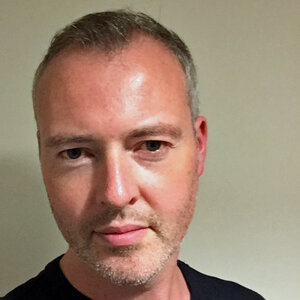 Allan Burnett is a PhD in Media History at Lund University. His thesis critically investigates the ‘media assemblage’ of The World at War (1973–1975) televised documentary film series and its pedagogical use of history in the context of post-world-war debates about the future of society. For At the End of the World, Burnett examines the relationship between precision timing, media discourses, and environmental fears in the 20th century.
Allan Burnett is a PhD in Media History at Lund University. His thesis critically investigates the ‘media assemblage’ of The World at War (1973–1975) televised documentary film series and its pedagogical use of history in the context of post-world-war debates about the future of society. For At the End of the World, Burnett examines the relationship between precision timing, media discourses, and environmental fears in the 20th century.
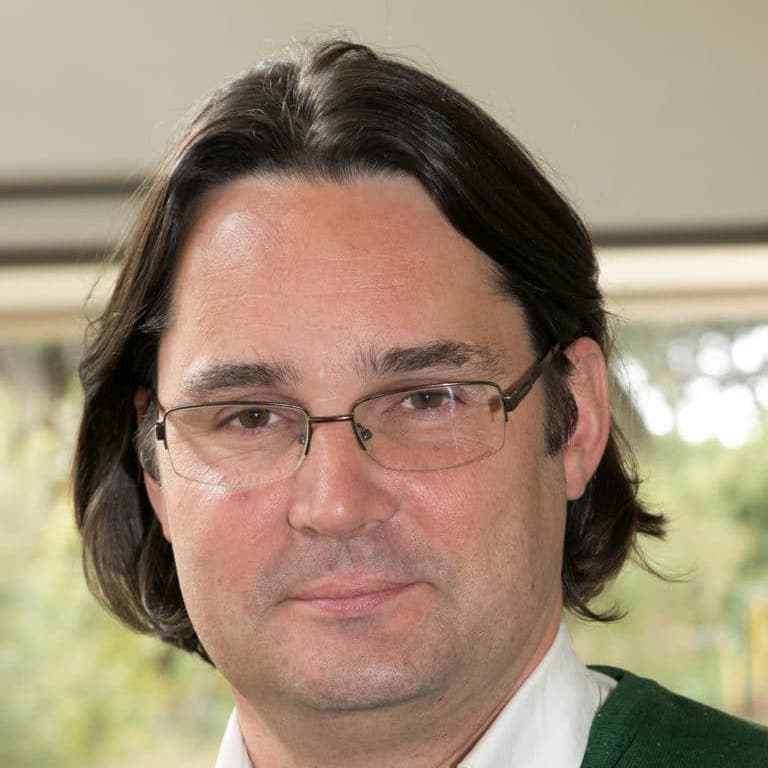 David Dunér is Professor of History of Science and Ideas at Lund University, Sweden. He is a world-leading expert on Emanuel Swedenborg, he researches 17th- and 18th-century science, and publishes in contemporary astrobiology. Dunér’s study will diachronically trace the origin of modern-day space apocalyptic motifs – that is, motifs from futuristic and science-fictional depictions of life in space – to the deep history of apocalyptic thinking.
David Dunér is Professor of History of Science and Ideas at Lund University, Sweden. He is a world-leading expert on Emanuel Swedenborg, he researches 17th- and 18th-century science, and publishes in contemporary astrobiology. Dunér’s study will diachronically trace the origin of modern-day space apocalyptic motifs – that is, motifs from futuristic and science-fictional depictions of life in space – to the deep history of apocalyptic thinking.
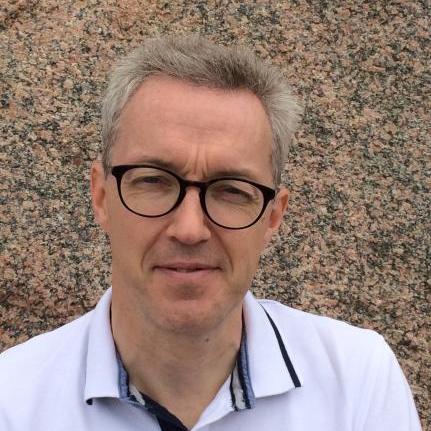 Torbjörn Gustafsson Chorell is Professor of Intellectual History in the Department of History of Science and Ideas at Uppsala University. His research revolves around historical theory and philosophy of history, but also European intellectual history after the Enlightenment, including history of medicine. For At the End of the World, he will study how experiences of war and crises invited analyses of visions of world destruction and renewal in the first half of the 20th century, as well as how these experiences problematized concepts of historical time.
Torbjörn Gustafsson Chorell is Professor of Intellectual History in the Department of History of Science and Ideas at Uppsala University. His research revolves around historical theory and philosophy of history, but also European intellectual history after the Enlightenment, including history of medicine. For At the End of the World, he will study how experiences of war and crises invited analyses of visions of world destruction and renewal in the first half of the 20th century, as well as how these experiences problematized concepts of historical time.
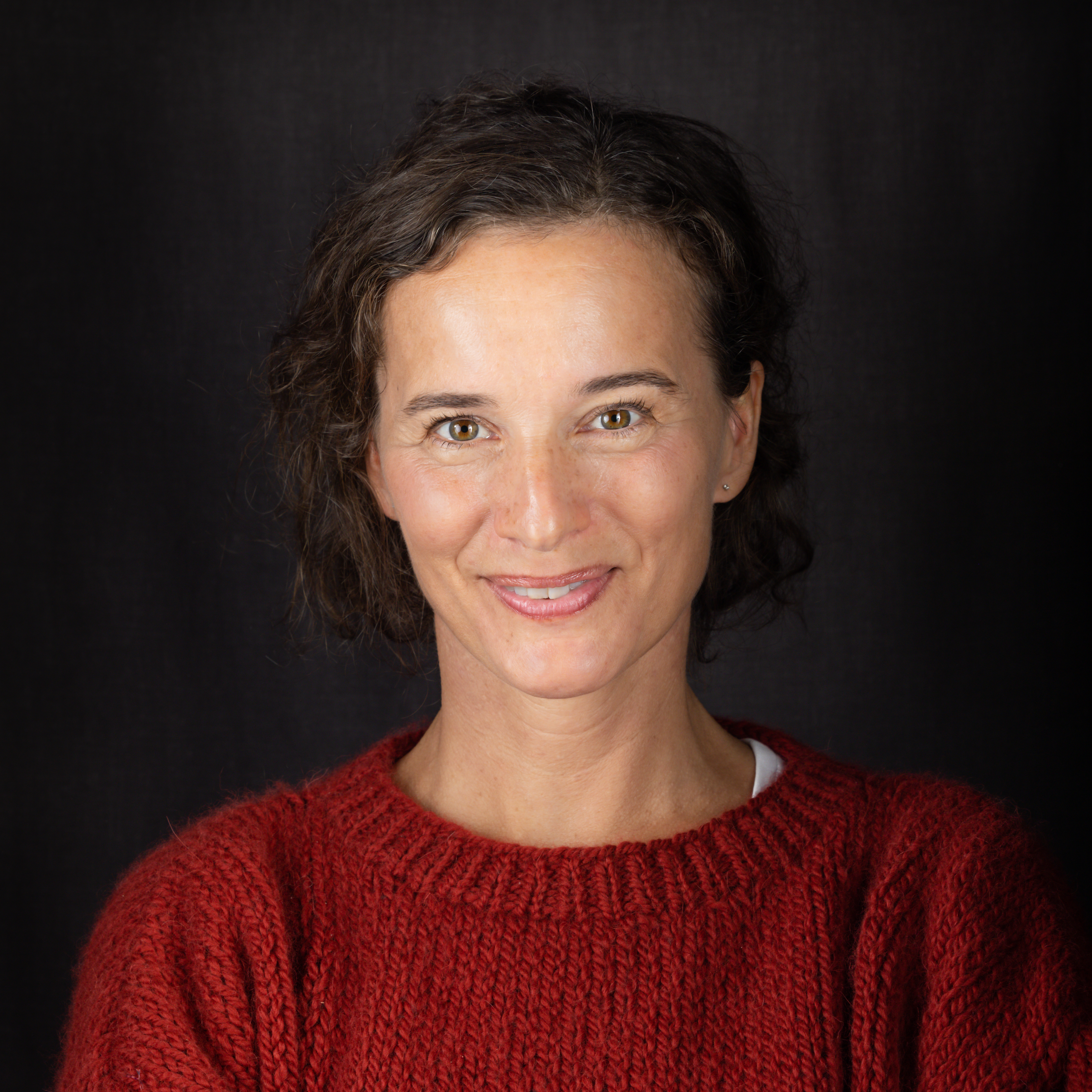 Mia-Marie Hammarlin is Docent in Ethnology and Senior Lecturer in Media and Communication Studies at Lund University. She explores the apocalyptic imaginary in the religious beliefs of Adventist church members. Adventists believe in the Apocalypse of John, according to which Jesus will return. Of the Adventist church's small congregation in Sweden, Hammarlin's research asks: How is it to be part of this minor religious community in a predominantly secular country? In the current times of general apocalyptic imaginaries, how is the Revelation of John (re)interpreted by congregation members? How is it to experience the apocalypse as a realistic event that will occur, and how do the congregation members prepare themselves for this? Focusing on the mundanity of everyday life, the research will be empirically grounded in ethnographic fieldwork encompassing qualitative interviews with individuals and groups, as well as field notes.
Mia-Marie Hammarlin is Docent in Ethnology and Senior Lecturer in Media and Communication Studies at Lund University. She explores the apocalyptic imaginary in the religious beliefs of Adventist church members. Adventists believe in the Apocalypse of John, according to which Jesus will return. Of the Adventist church's small congregation in Sweden, Hammarlin's research asks: How is it to be part of this minor religious community in a predominantly secular country? In the current times of general apocalyptic imaginaries, how is the Revelation of John (re)interpreted by congregation members? How is it to experience the apocalypse as a realistic event that will occur, and how do the congregation members prepare themselves for this? Focusing on the mundanity of everyday life, the research will be empirically grounded in ethnographic fieldwork encompassing qualitative interviews with individuals and groups, as well as field notes.
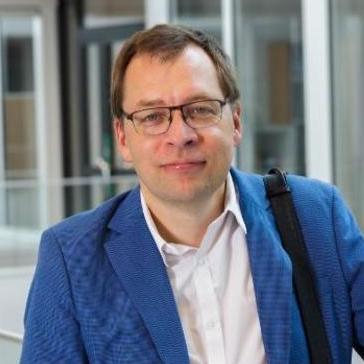 Tobias Hägerland is Docent in New Testament Studies and Senior Lecturer in Religious Studies and Theology at the University of Gothenburg. His current research is focused on early second-century Christian texts, especially the Pastoral Epistles. As part of the research program, he will investigate the roles played by apocalyptic notions in the so-called parting of the ways between Judaism and Christianity.
Tobias Hägerland is Docent in New Testament Studies and Senior Lecturer in Religious Studies and Theology at the University of Gothenburg. His current research is focused on early second-century Christian texts, especially the Pastoral Epistles. As part of the research program, he will investigate the roles played by apocalyptic notions in the so-called parting of the ways between Judaism and Christianity.
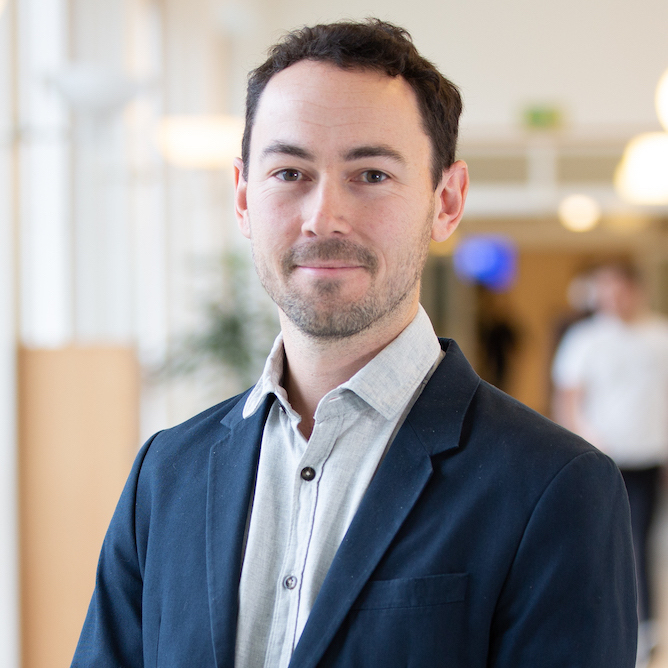 Tormod Johansen is Associate Senior Lecturer in Public Law at the Department of Law, University of Gothenburg. He works on in constitutional and administrative law, legal theory, and political theology. For At the End of the World, Johansen continues his work from the End of Law project. He investigates underlying dogmata in today’s secular legal theories that are latently concerned with the threat of anarchy in their bases, particularly in the work of Thomas Hobbes.
Tormod Johansen is Associate Senior Lecturer in Public Law at the Department of Law, University of Gothenburg. He works on in constitutional and administrative law, legal theory, and political theology. For At the End of the World, Johansen continues his work from the End of Law project. He investigates underlying dogmata in today’s secular legal theories that are latently concerned with the threat of anarchy in their bases, particularly in the work of Thomas Hobbes.
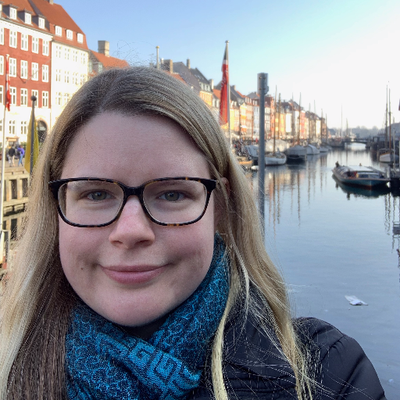 Katharina Keim is a research fellow in Jewish Studies at Lund University. Her research focuses broadly on the development of the Jewish tradition in post-Biblical literature; the early interactions between Judaism, Christianity, and Islam; and the development of Jewish book culture. For At the End of the World, Keim will investigate the relationships between early apocalyptic traditions in these three religions and modern contemporary national political discourses around normative nationalist identity/ies, belonging, interreligious relations, and responses to crises and apocalyptic ideas.
Katharina Keim is a research fellow in Jewish Studies at Lund University. Her research focuses broadly on the development of the Jewish tradition in post-Biblical literature; the early interactions between Judaism, Christianity, and Islam; and the development of Jewish book culture. For At the End of the World, Keim will investigate the relationships between early apocalyptic traditions in these three religions and modern contemporary national political discourses around normative nationalist identity/ies, belonging, interreligious relations, and responses to crises and apocalyptic ideas.
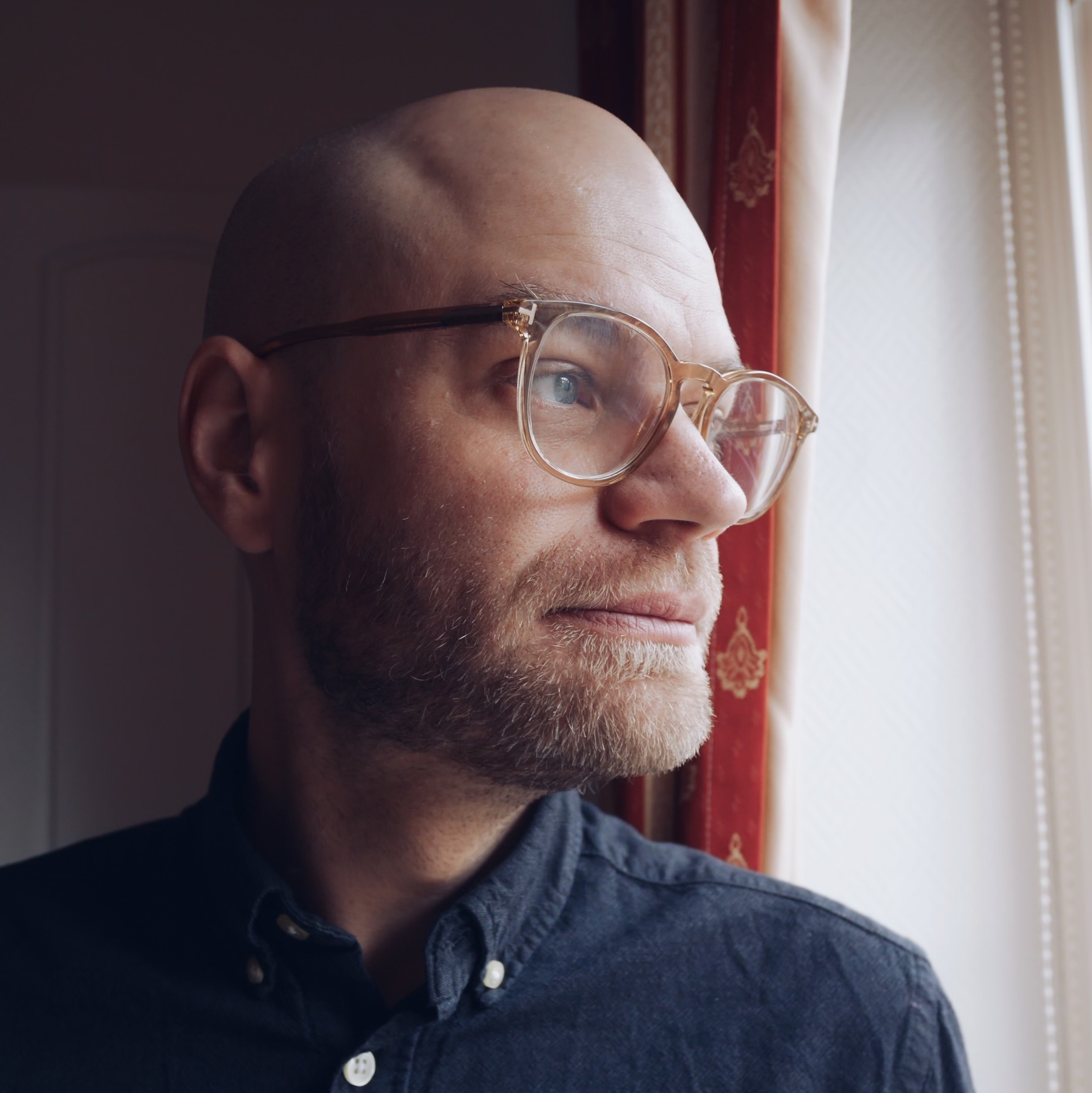 Joel Kuhlin is a research fellow in Bible, Politics and Culture at Lund University. His work focuses on ancient rhetoric and notions of failure with relation to the death of Jesus Christ in the Gospel according to Mark; an apocalyptical event resulting in social death and compositional obscurity. For At the End of the World, Kuhlin will investigate the reception of the Book of Revelation and gnosticism in the apocalyptic, political theology of Malcolm X.
Joel Kuhlin is a research fellow in Bible, Politics and Culture at Lund University. His work focuses on ancient rhetoric and notions of failure with relation to the death of Jesus Christ in the Gospel according to Mark; an apocalyptical event resulting in social death and compositional obscurity. For At the End of the World, Kuhlin will investigate the reception of the Book of Revelation and gnosticism in the apocalyptic, political theology of Malcolm X.
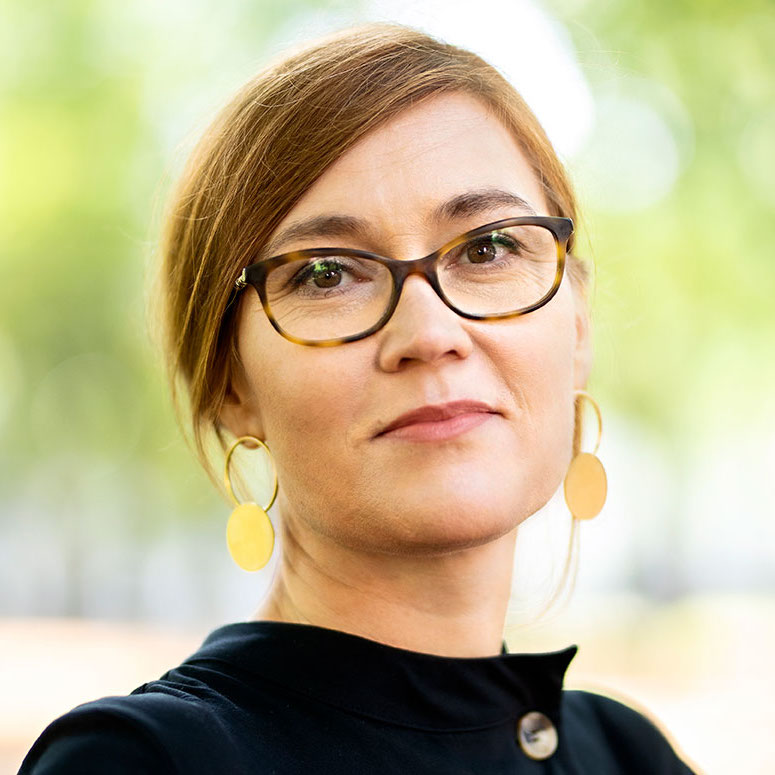 Amanda Lagerkvist is Professor of Media and Communication Studies in the Department of Informatics and Media at Uppsala University and a founder of existential media studies. Her work spans digital death; biometrics and human value; intersections of datafication; disability and selfhood; and the relationships between media, the future and the end. You can find out more here. She will contribute to the program by unfurling how AI is figured as a powerful agential force at the end times, tracking down the apocalyptic ambivalences of the AI imaginary across four domains: activism, popular culture, policy and design
Amanda Lagerkvist is Professor of Media and Communication Studies in the Department of Informatics and Media at Uppsala University and a founder of existential media studies. Her work spans digital death; biometrics and human value; intersections of datafication; disability and selfhood; and the relationships between media, the future and the end. You can find out more here. She will contribute to the program by unfurling how AI is figured as a powerful agential force at the end times, tracking down the apocalyptic ambivalences of the AI imaginary across four domains: activism, popular culture, policy and design
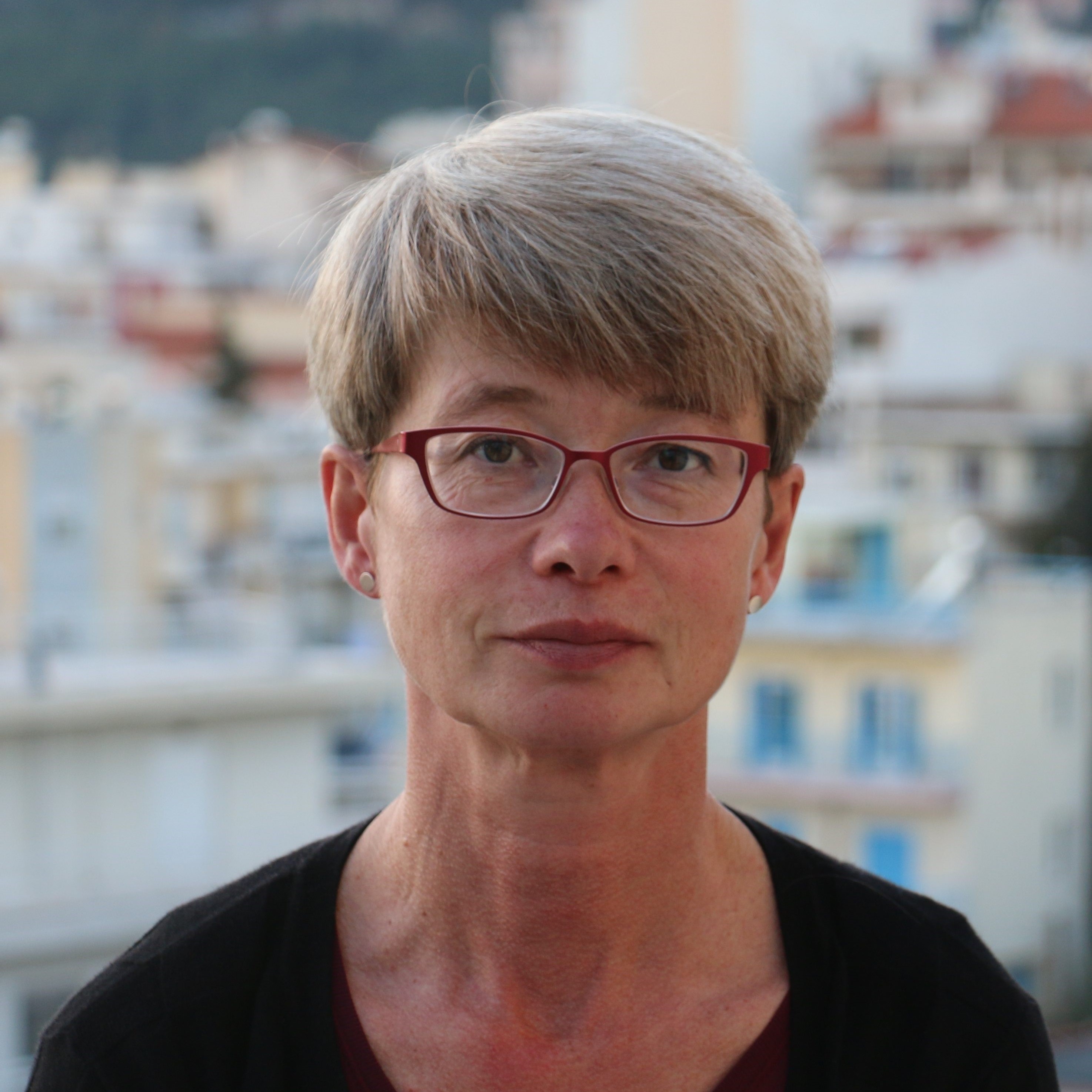 Lena Liepe is Professor of Art History and Visual Culture at Linnaeus University, Växjö. She studies Nordic medieval art and architecture, museum and exhibition history, and methods in the study of medieval art. For At the End of the World, Liepe investigates medieval representations of the Last Judgment in relation to the idea of bodily resurrection, including the cult of relics as a distinct expression of the medieval preoccupation with bodily integrity and wholeness
Lena Liepe is Professor of Art History and Visual Culture at Linnaeus University, Växjö. She studies Nordic medieval art and architecture, museum and exhibition history, and methods in the study of medieval art. For At the End of the World, Liepe investigates medieval representations of the Last Judgment in relation to the idea of bodily resurrection, including the cult of relics as a distinct expression of the medieval preoccupation with bodily integrity and wholeness
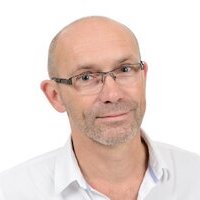 Max Liljefors is Professor of Art History and Visual Studies at Lund University and a member of the Royal Swedish Academy of Sciences. His research interests include visual historiography, aesthetics and existential health, and contemporary performance art. For At the End of the World, Liljefors investigates apocalyptic imagery in contemporary film.
Max Liljefors is Professor of Art History and Visual Studies at Lund University and a member of the Royal Swedish Academy of Sciences. His research interests include visual historiography, aesthetics and existential health, and contemporary performance art. For At the End of the World, Liljefors investigates apocalyptic imagery in contemporary film.
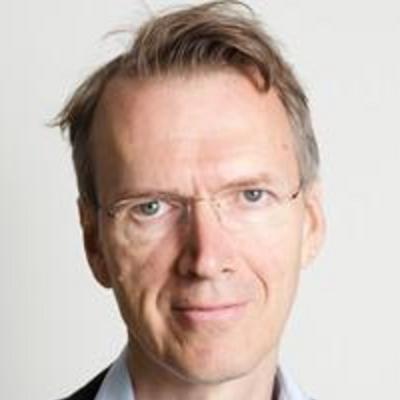 Gregor Noll is Professor of International Law at the University of Gothenburg. His research is driven by ongoing conversations with other disciplines, including philosophy, history, and theology. He has employed eschatological perspectives in his work on jurisdiction and on the laws of war. His research for At the End of the World engages with tensions between legal scholarship and the realities of 20th- and 21st-century discoveries in theoretical physics.
Gregor Noll is Professor of International Law at the University of Gothenburg. His research is driven by ongoing conversations with other disciplines, including philosophy, history, and theology. He has employed eschatological perspectives in his work on jurisdiction and on the laws of war. His research for At the End of the World engages with tensions between legal scholarship and the realities of 20th- and 21st-century discoveries in theoretical physics.
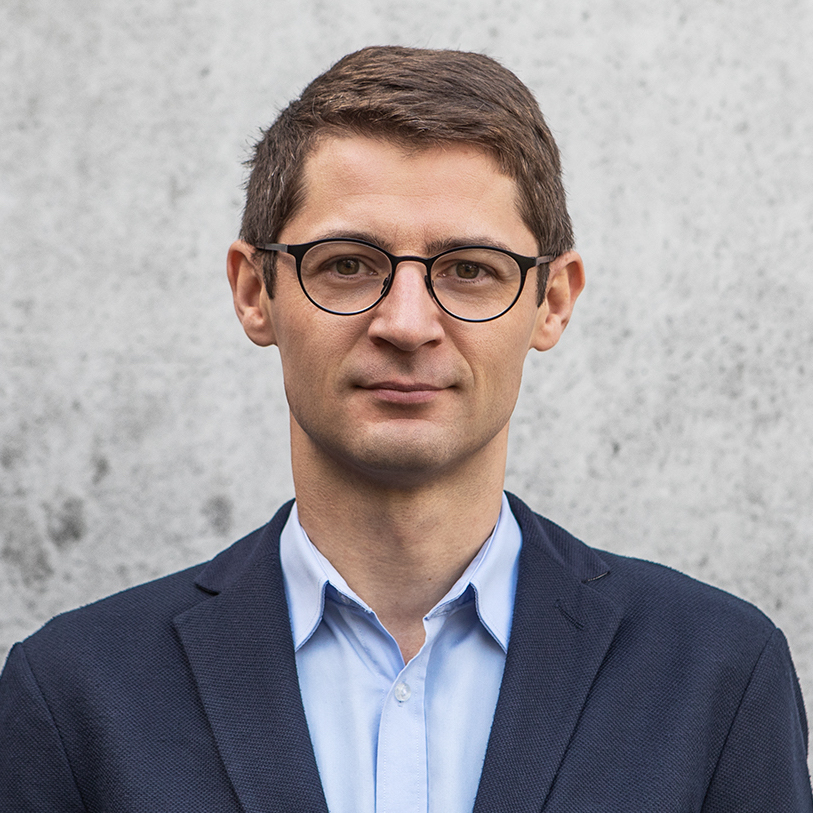 Ov Cristian Norocel is Docent and Senior Lecturer in Gender Studies at Lund University. He deploys critical and intersectional perspectives to study the radical-right populist and far-right construction and maintenance of power hierarchies. For At the End of the World, Norocel investigates the role of gender and sexuality in reactionary political mobilization, focusing on how representations of apocalypse are deployed to consolidate political power in opposition to marginalized groups.
Ov Cristian Norocel is Docent and Senior Lecturer in Gender Studies at Lund University. He deploys critical and intersectional perspectives to study the radical-right populist and far-right construction and maintenance of power hierarchies. For At the End of the World, Norocel investigates the role of gender and sexuality in reactionary political mobilization, focusing on how representations of apocalypse are deployed to consolidate political power in opposition to marginalized groups.
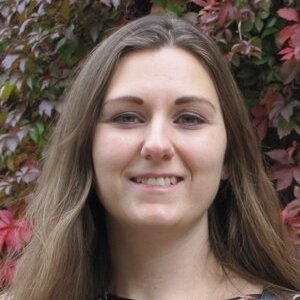 Katarina Pålsson is a research fellow in Church History at Lund University. Her research centres around early Christian asceticism, including eschatological ideas expressed in this context. For At the End of the World, Pålsson will study how early Christian apocalyptic imaginary was criticized, but also negotiated and reappropriated, by ascetic writers in the late fourth and early fifth century.
Katarina Pålsson is a research fellow in Church History at Lund University. Her research centres around early Christian asceticism, including eschatological ideas expressed in this context. For At the End of the World, Pålsson will study how early Christian apocalyptic imaginary was criticized, but also negotiated and reappropriated, by ascetic writers in the late fourth and early fifth century.
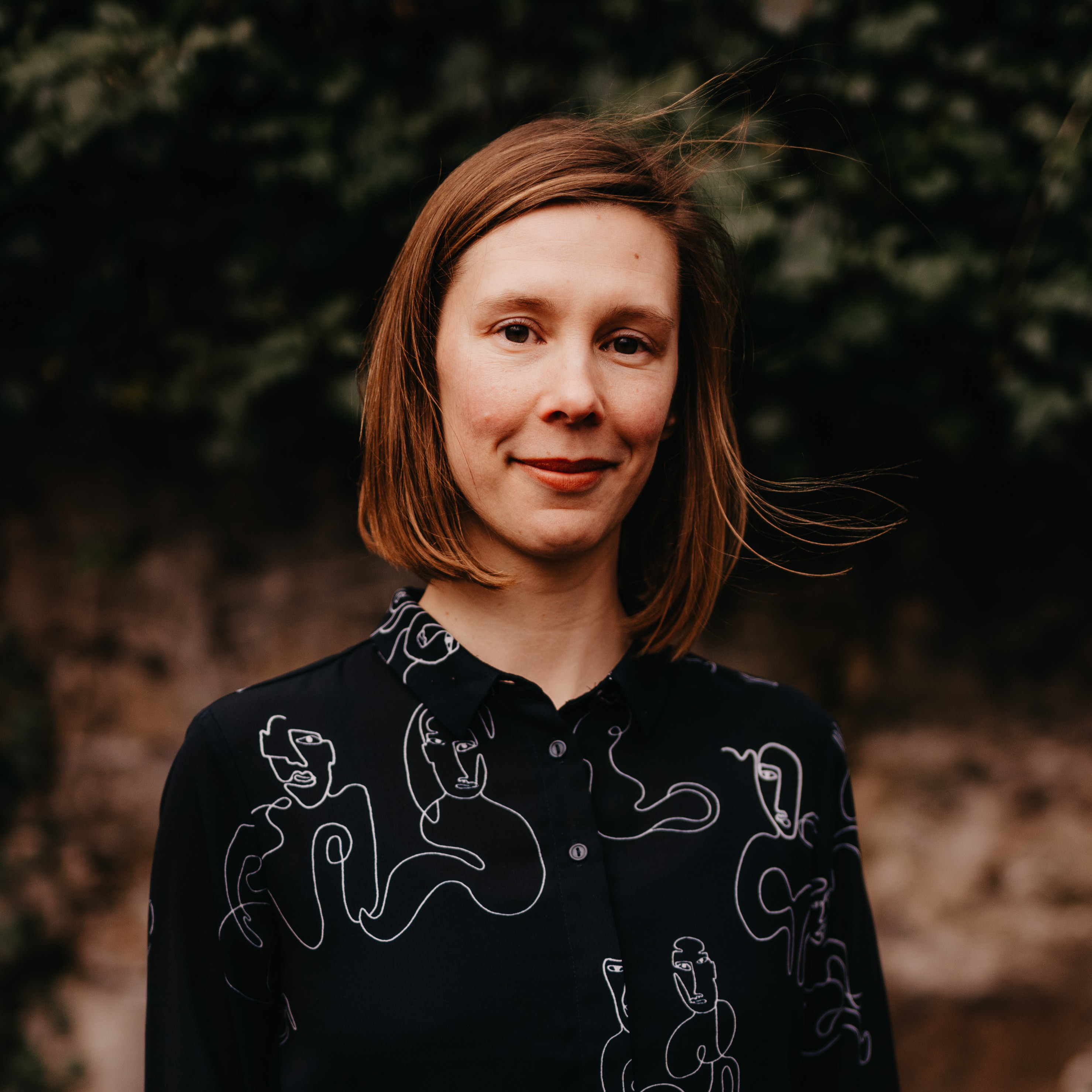 Hannah M. Strømmen is Senior Lecturer in Bible, Politics, and Culture and Wallenberg Academy Fellow at Lund University. She specializes in biblical reception in the twentieth and twenty-first century. She is a biblical scholar specializing in biblical reception in the twentieth and twenty-first century. For At the End of the World, Strømmen researches the apocalyptic tone and register in European far-right movements, particularly as they are connected to the idea that Europe is uniquely Christian and secular.
Hannah M. Strømmen is Senior Lecturer in Bible, Politics, and Culture and Wallenberg Academy Fellow at Lund University. She specializes in biblical reception in the twentieth and twenty-first century. She is a biblical scholar specializing in biblical reception in the twentieth and twenty-first century. For At the End of the World, Strømmen researches the apocalyptic tone and register in European far-right movements, particularly as they are connected to the idea that Europe is uniquely Christian and secular.
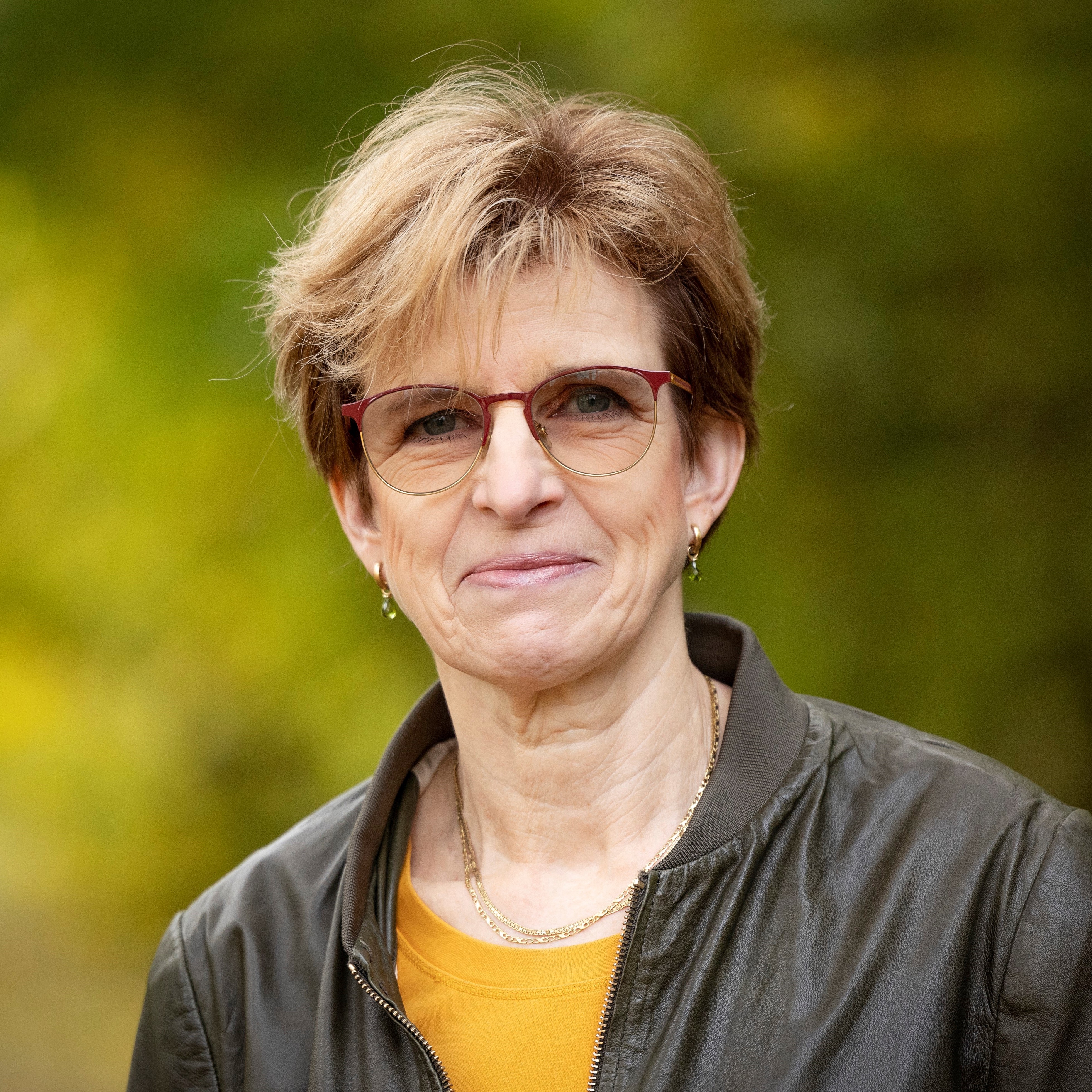 Cecilia Wassén is Professor of New Testament Exegesis at Uppsala University. Her research focuses on Early Judaism, particularly the Dead Sea Scrolls and the historical person of Jesus and his movement. Her publications concern a broad range of subjects related to this time period, including purity laws, gender, sectarianism, meals, identity formation, apocalyptic expectations, exorcism, angels, and demons. For At the End of the World, Wassén examines the connection between apocalyptic thought and the laws of the Torah in Jesus’ teaching.
Cecilia Wassén is Professor of New Testament Exegesis at Uppsala University. Her research focuses on Early Judaism, particularly the Dead Sea Scrolls and the historical person of Jesus and his movement. Her publications concern a broad range of subjects related to this time period, including purity laws, gender, sectarianism, meals, identity formation, apocalyptic expectations, exorcism, angels, and demons. For At the End of the World, Wassén examines the connection between apocalyptic thought and the laws of the Torah in Jesus’ teaching.
Our International Advisory Board
Pierre-Antoine Chardel is Professor of Social Sciences and Ethics at Institut Mines-Télécom Business School (IMT-BS) and at the École des Hautes Études en Sciences Sociales (EHESS) in Paris.
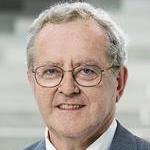
John J. Collins is Professor of Old Testament Criticism and Interpretation at Yale University.
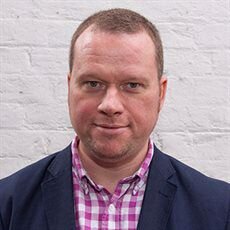
Oliver Scharbrodt is Professor of Islamic Studies at Lund University's Centre for Theology and Religious Studies.


